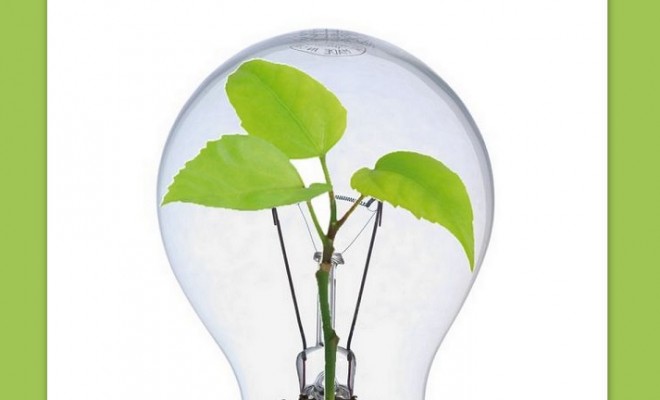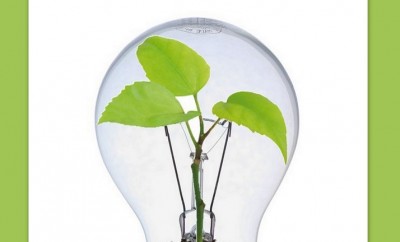
In defence of borrowing for climate action
Even though interest rates are rising globally, European governments should still borrow large sums to finance green projects. In some cases, the EU should help.
The European Commission is mulling exemptions from the EU’s fiscal rules for green investment (when rules are reapplied – they are currently suspended). Germany has signalled its reticence about loosening the rules, even though it is itself borrowing significant sums to fund its €200 billion energy package. In the UK, the Treasury has argued against using debt to finance steps to achieve net zero because it considers it unfair to make future generations pay. And now that global interest rates are rising, everyone is more cautious about issuing debt. But Europe has to wean itself off fossil fuels as quickly as possible, not only to cut emissions, but also to reduce its energy dependence on Russia as well as other autocratic governments.
We need more subtle thinking about when and for what purposes governments should take on more debt. At the moment, European governments are borrowing huge sums to bail out households and businesses by reducing the cost of energy. Intervention is vital to prevent poverty and destitution, and to protect spending across the economy, which will reduce the scale of the coming recession. But this is borrowing to consume – and with natural gas prices likely to remain high at least until 2024, debt will mount up, and government bond markets will fret about debt sustainability.
Συνέχεια εδώ




